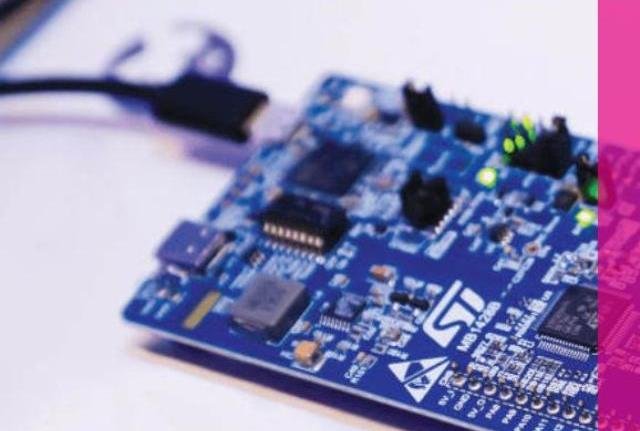South Korea has formally requested the United States to address uncertainties regarding U.S. export controls in the chip sector and subsidies for semiconductor investment, Reuters news report said.

This move comes as the deadline for a year-long waiver allowing Samsung Electronics and SK Hynix to import U.S. chip-making equipment into China approaches next month, the report said.
Industry Minister Bang Moon-kyu held a meeting with U.S. Deputy Secretary of Commerce Don Graves in Seoul to discuss this crucial matter. The waiver currently enables the South Korean companies to supply equipment for their chip production facilities in China without additional licensing requirements, Yonhap news report said.
The uncertainty stems from the impending expiration of the waiver in October, with no official announcements from the U.S. on whether it will be extended or if there will be any new conditions affecting the firms’ production plans in China.
The Ministry of Trade, Industry, and Energy of South Korea stated that Minister Bang urged “active cooperation” from the U.S. Department of Commerce to address issues related to export controls. However, specific details were not provided.
Samsung Electronics and SK Hynix have substantial chip production operations in China, and together they control a significant portion of the global DRAM and NAND flash markets. Samsung has NAND flash memory production in Xian, while SK Hynix has DRAM chip production in Wuxi and NAND Flash production in Dalian.
Samsung runs a chip manufacturing plant in the Chinese city of Xian, which accounts for some 40 percent of its global NAND flash production. In Suzhou, the chipmaker runs a semiconductor packaging factory.
SK Hynix currently operates multiple plants in China, including one in the eastern city of Wuxi, where it manufactures about half of its global DRAM chips.
In a related matter, the U.S. Department of Commerce previously set certain conditions for investment applicants seeking subsidies under the CHIPS Act, including restrictions on chip manufacturing expansion in China for a decade after receiving funding. Analysts anticipate further details to be revealed in the near future regarding this development.
Samsung, currently constructing a chip plant in Texas set to commence shipments in late 2024, has already submitted the primary application for U.S. subsidies. Results of this application could be disclosed by the end of this year, according to unnamed sources familiar with the matter.
The U.S. Inflation Reduction Act (IRA) offers tax credits of up to $7,500 to each buyer of a new electric vehicle only assembled in North America. It also requires EV batteries to be made with a certain portion of minerals mined or processed in the U.S. or countries or regions that have free trade agreements with Washington.
